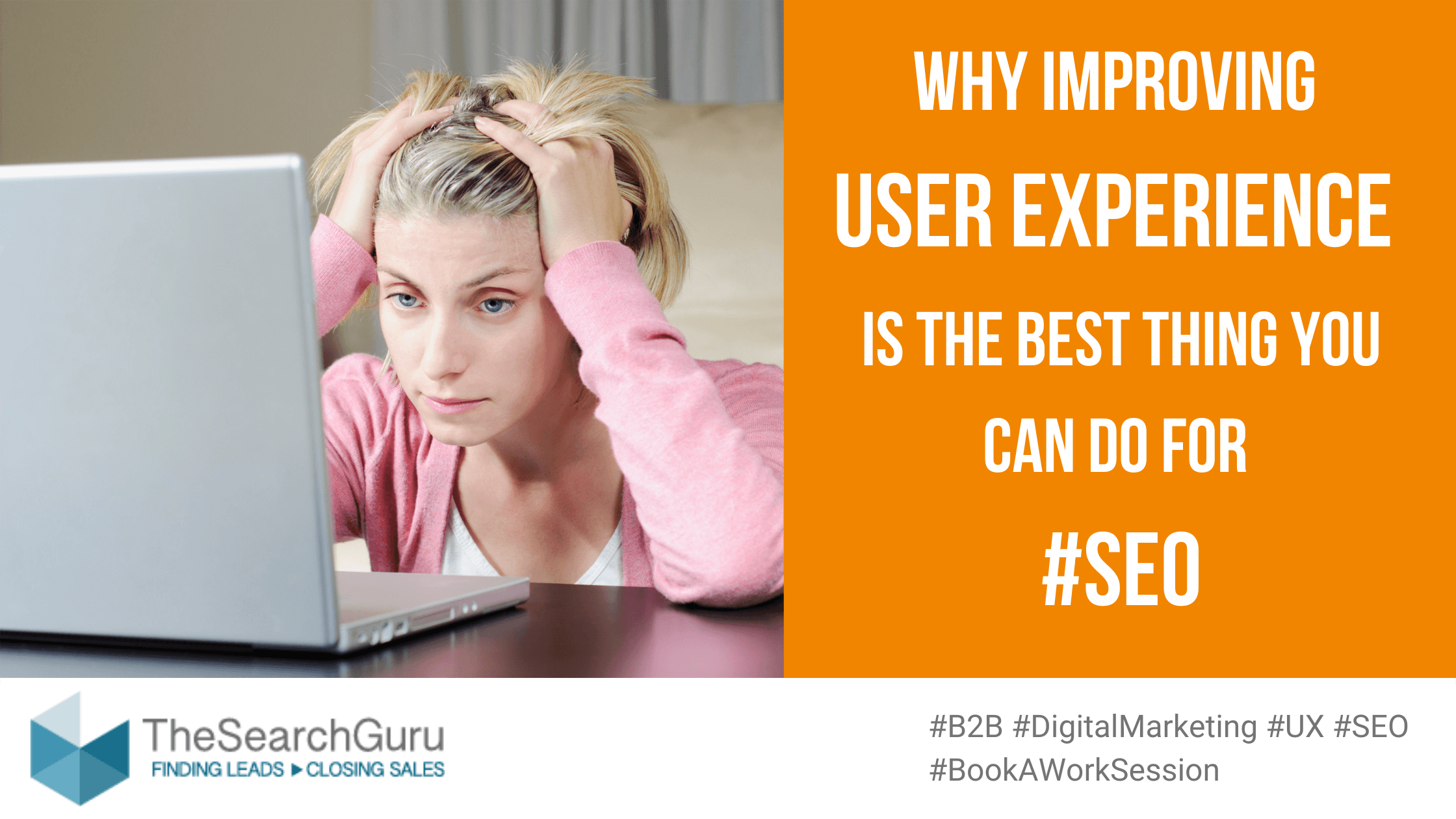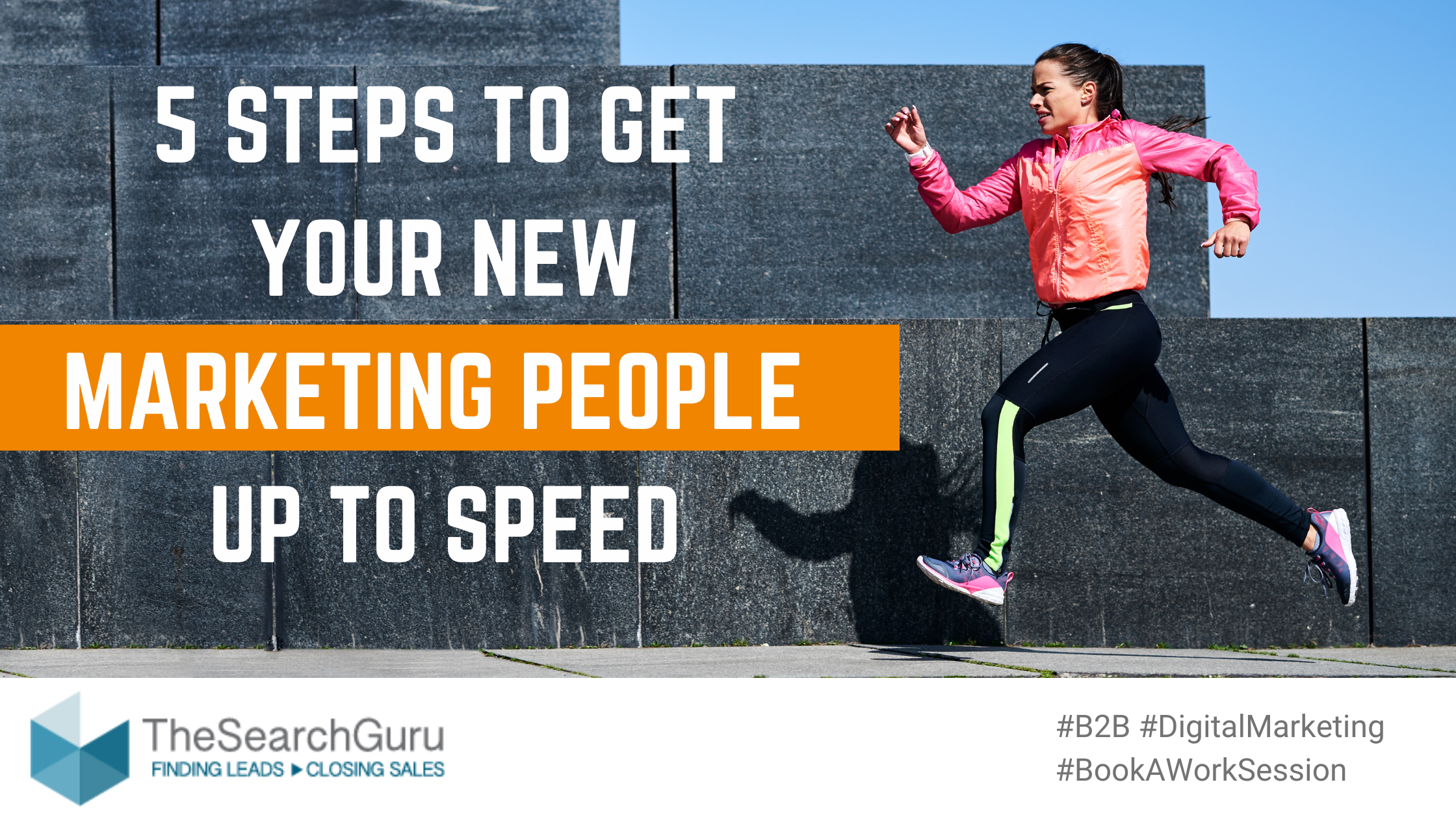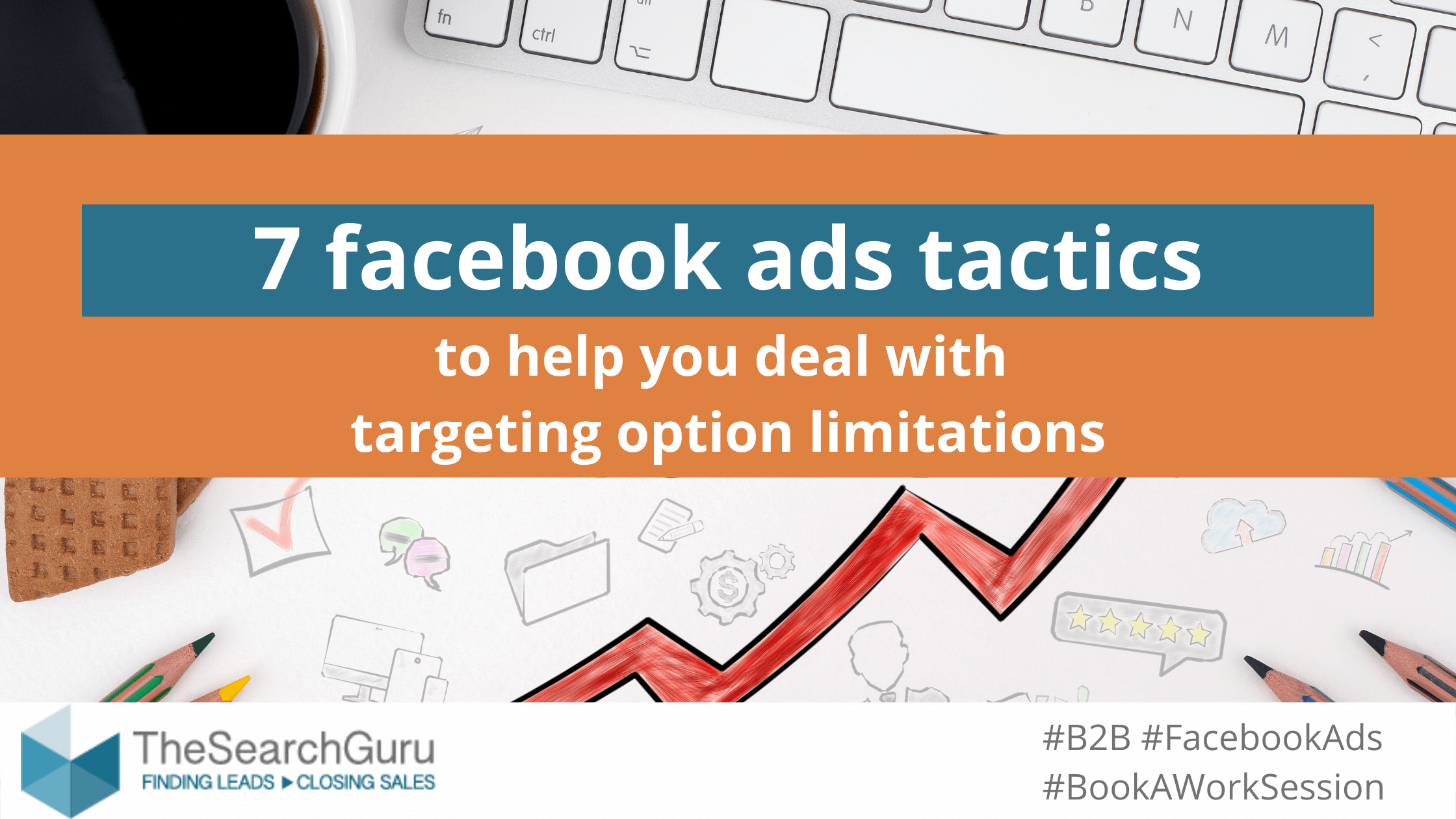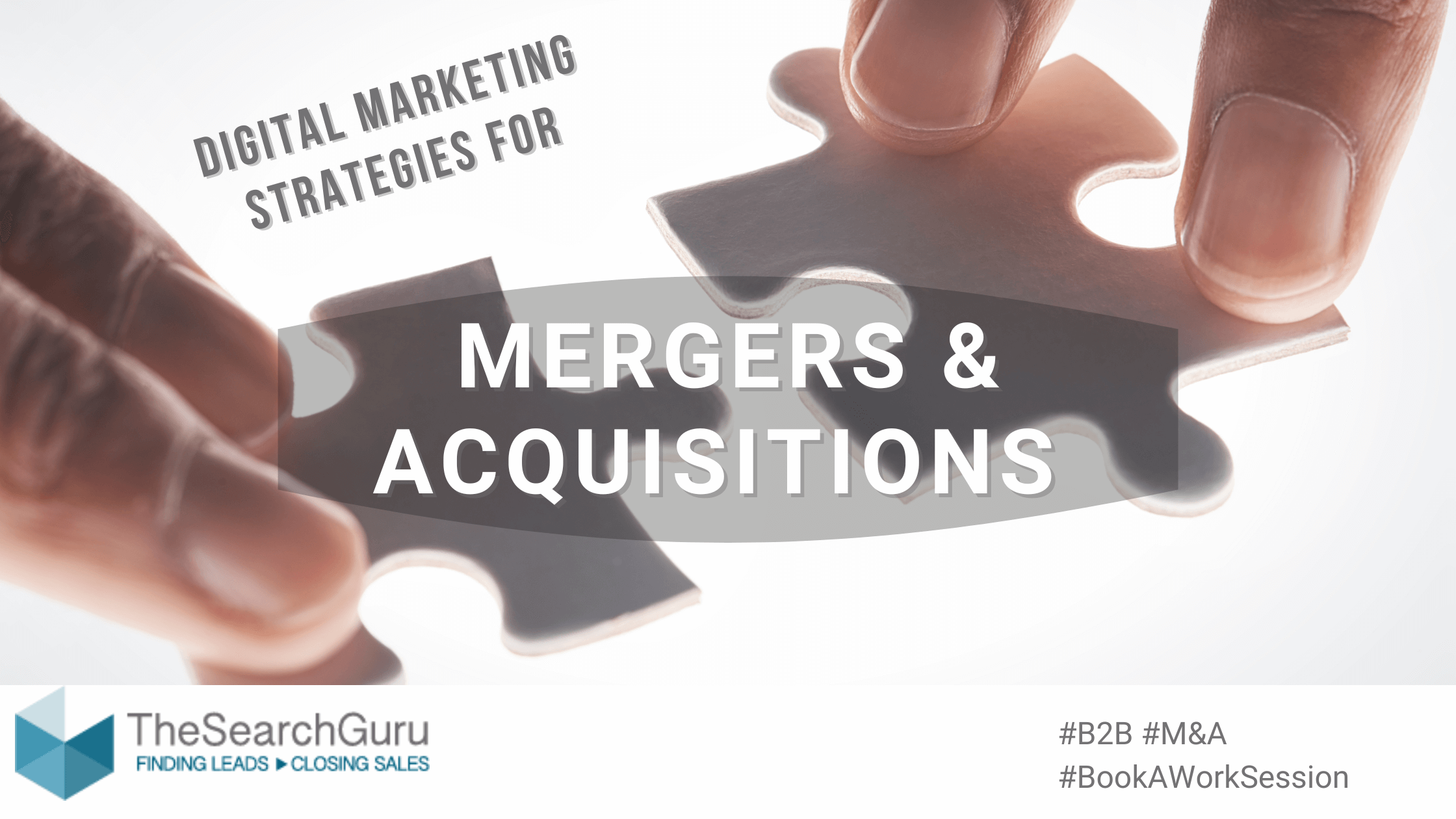We recently ran a poll on LinkedIn asking people” “What is more important UX (user experience) or SEO (search engine optimization) once a website has high domain authority (<50 DA):
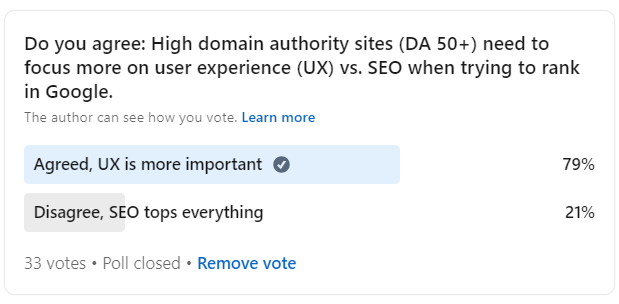 To our delight, the majority of SEO and digital marketing experts agreed that UX is actually more important when your page has reached the stage where it is SEO-ready (table stakes) and has begun competing for highly competitive terms in the Google search results.
To our delight, the majority of SEO and digital marketing experts agreed that UX is actually more important when your page has reached the stage where it is SEO-ready (table stakes) and has begun competing for highly competitive terms in the Google search results.
Wondering why so many think this way? Then the following post is for you.

Why is UX important for SEO?
#1 Google wins by providing its users the best online experiences.
Google is more than a search engine. People rely on Google to recommend solutions. If websites have been ranked highly on the search engine results pages (page 1 in Google SERPs), users definitely assume the domains are well regarded, and Google trusts them.
We can also confidently assume that, when competing for a highly competitive keyterm, every website returned for the search by Google has high authority (from Google’s perspective). Google cannot chance recommending websites that have no history or recommendations (backlinks) from other established domains. Then, table-stakes are that all players have done a lot of SEO work already, and proven themselves to Google, or they wouldn’t be competing, and having some success, for such keyterms.
What next? What else can Google do to further improve its search results, beyond recommending established businesses? How can Google make a bigger difference for its searchers, while ranking results from 1 to 10? Perhaps it can rank websites that have done a better job at explaining their products and services in the online space? Perhaps now it’s time to rate the results based on how users interact with the page?
That’s where UX comes in. Once Google knows the businesses are OK and it can recommend them to its searchers, it will rank them based on the quality of the online experience. That is, above a certain domain authority threshold, SEO is less important for how high you rank. At that point, UX matters more. Read further to see how Google can evaluate user experience.
#2 Users will stay on your page longer if it’s easier for them to navigate your content.
What is user experience about? It is the art of explaining a new concept in a way that is easier to understand.
When users come to your page, especially when it is a B2B page presenting products or services, (not a commodity), they need to focus and learn about what you offer. Users need to understand how your software, for example, will help them optimize their processes and decrease their operational costs. They need to match their existing knowledge with what you have laid out for them.
As you know, learning is tough. When we were at school we used to do that every day and it was tough. The majority of people will gladly give up navigating your complex explanations if it hurts their brain, and who would blame them?
What does learning have to do with SEO? The longer you can keep users on your website and engage with them, the stronger the signals sent to Google are that users like the online experience you’re providing. Google will then gladly serve your page higher in its results.
So, what can you do about it? (Check the UX improvement ideas below)
#3 Users bouncing back from your web page to Google’s search results is a sign, for Google, that your page is not fit for the search query. In many cases, the reason is poor UX.
The worse thing that can happen to your well-designed landing page is for someone to come from Google and simply bounce back in the search results. Reasons for bounces are many, but they all fit into 2 categories:
- technical and
- user-experience.
If you’ve managed to improve your website’s speed, and the site is mobile-friendly (most common technical issues), then most probably users just get frustrated by something on your page, and decide to look elsewhere for a solution. And that’s a very common reason for Google to drop you down from the top rankings in their search index, even if your domain authority is higher than everyone else’s.

Which are the most important User Experience improvements you can make to your pages, for improved rankings?
#1 Do everything you can to make your pages load fast.
Site speed is the major reason users bounce back to the Google search results. Do your best to make your pages load fast. Investment in a better hosting provider or better source code will pay off. Don’t risk your business on fixable technical issues.
#2 Even if your users convert on the Desktop version of your website, make sure your mobile site experience rocks; that’s where user research starts and Google bots do their indexation.
We still hear B2B marketers claiming the mobile version of their site is not important, as no one really converts there.
Yes, providing conversions is not the strength of Mobile. But don’t get it wrong – your mobile website is an important first step for researching users (top of funnel acquisition) and for search engine bots, because they index your content on the mobile version, first. Failure here takes you out of the race.
#3 Show explicitly what the page is about – anything fancy and too general might bounce new people off your page.
You need to be faster and clearer than an elevator pitch. In 3 to 5 seconds after a click, users decide if they’ve come to the right place, or not. So be smart — do you really need to be fancy? Or is it better to be pragmatic?
#4 Have clear sections on the page – show users where one concept starts and ends so it is easier for them to organize their new knowledge.
Do you remember how we used to study at school? One lesson at a time, then practice. Then we built on it. That’s how you need to present new knowledge to your website visitors.
Start simple.
Then build up.
Have clear sections, so they know where each “lesson” starts and ends.
Scrolling up and down the page is not a problem if the user already has knowledge/experience on the topic, so don’t worry you will bore them with beginner/easy stuff.
#5 Use visual content and videos as they are easier to consume than copy.
What is better – a movie or a book? Ok, but what if you don’t have enough time to read the book? And your prospects and clients are definitely short on time.
Videos are the best inventions, so far, for people to convey a concept. They make it easier for your brain to understand. If done well, explainer videos are short, clear, and to the point, with music, visuals, and voice. In 60 to 90 seconds the visitor has been introduced to what the page is about and can build on it.
Let’s work on this together: book your free work session
All companies we speak with have unique problems, and we’ve yet to find anyone who isn’t primarily plagued by too few resources. Take us up on a free training/work session where we can discuss your unique problems and offer solutions from top B2B marketers. Book one here:

